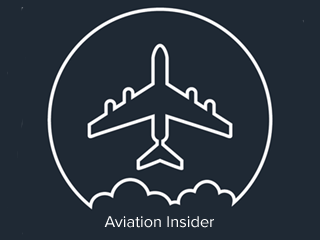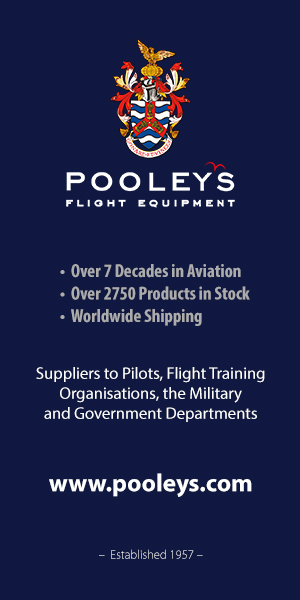WHAT SUBJECTS TO STUDY
- Most airlines usually require 5 GCSEs A-C including Maths and English. Some airlines, if part of a sponsored training course, usually require 2 A-levels including one science subject.
- Having knowledge/basic understanding of physics will definitely help when it comes to flying, but it is not essential as you will learn it during your flight training theory. Other related subjects include; Maths, Design & Technology, and Geography.
- There really isn’t a hard and fast rule when it comes to choosing subjects. Just choose ones that you have genuine interest in and try and get as high a grade as possible. What most don’t tell you is that the practice of strict and effective study habits is just as important as the subjects chosen and grades achieved, because this good discipline will most certainly put you at an advantage when it comes to flight training, especially during the ATPL and Type Rating Theory phases.
HOW IT ALL WORKS
- You must be at least 16 years of age to get a Private Pilots Licence
- Once you turn 18, you can commence training to become an airline pilot and attain a Commercial Pilots Licence. You cannot however get an ATPL until you are 21. You can graduate from training and be flying for an airline before you are 21, but your ATPL will be ‘frozen’ until you pass 1500 hours AND are above the age of 21. (As standard if above the age of 21, a Frozen ATPL becomes unfrozen once 1500 hours are passed)
- If you opted to go the modular route, you could start your PPL training before the age of 16 with an aim of gaining your PPL Licence once you turn 16, then commence your commercial training upon reaching 18. You can however start building your hours between gaining your PPL and commencing your commercial training.
- Integrated and MPL routes always have a minimum age limit of 18 to even enroll on the course.
SALARIES
- Pilot salaries consist of a ‘Basic Pay’ plus flight duty payment, usually done per flight hour, sector or duty.
- Starting salaries can range anywhere from £17,000 basic plus flight pay, to £50,000 basic plus flight pay, depending on which airline and contract. Some airlines will pay you during your type rating, whereas others will pay you from when you start Base or Line Training. This will usually increase after gaining a certain amount of hours.
FUNDING
- Parents funding is usually the only way for a teenager to fund PPL training, as finance lending providers will not be an option to someone under 18.
AIR CADETS
- Cadets can join from 13, or 12 if they are currently in year 8 at school, however for some activities such as flying, cadets must be 13¼. For other activities like scholarships, cadets must be 19.
- Scholarships can be given to PPL level.
- Small monthly subscription charge, usually around £10 a month, to cover running costs.
GLIDING
- Gliding is a great and cheap way to start flying and can be very enjoyable. This can then lead you on to starting your PPL licence.
- Minimum permitted solo age of 14.
- Around 85 Gliding sites around the UK.
- Usually done in the summer months in order to take advantage of the thermals.
- Www.gliding.co.uk
APPRENTICESHIPS
- Apprenticeships in Manufacturing, Maintenance or Pilot.
- Some Aerospace companies and Airlines offer apprenticeships whereby you can get to experience one or more departments within the company, with a possibility of being fast tracked to becoming a pilot. It is a good way to network and build contacts, and ‘get your foot through the door’.




